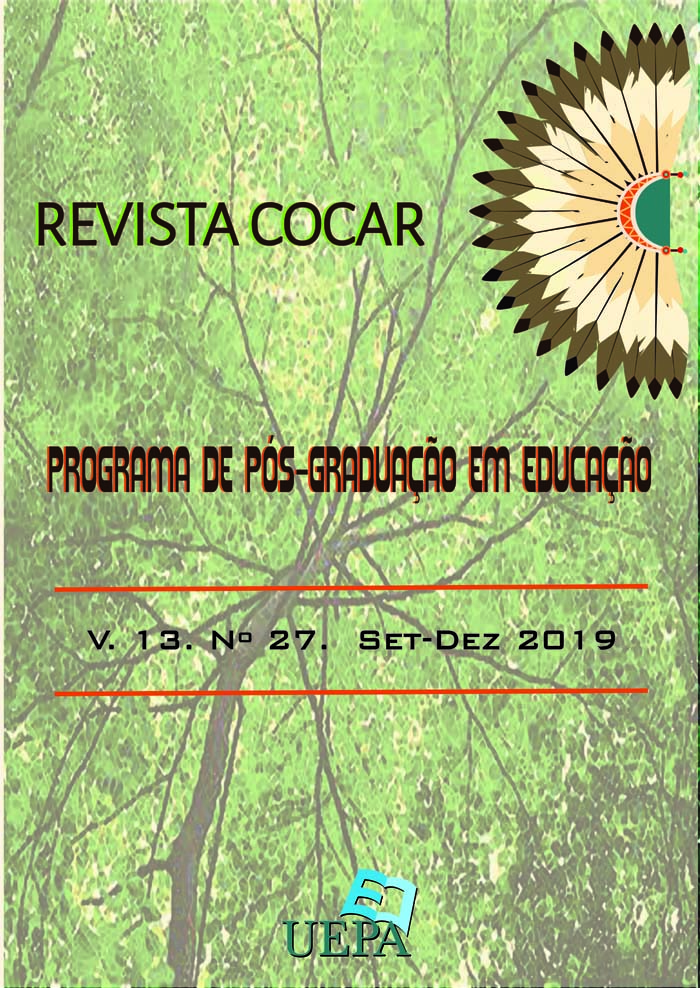Pós-modernidade e o recuo teórico na formação docente
Resumo
Postmodernity and theoretical retreat in teacher education
Resumo
Este artigo discute a influência do pensamento pós-moderno na formação do docente da educação básica. As teorias pós-modernas caracterizam-se pela rejeição ao conhecimento “totalizante” e aos valores “universalistas”, pela ênfase nos conhecimentos singulares, nas identidades particulares, nas lutas distintas, e pela negação das noções clássicas de verdade, objetividade e razão. À luz do materialismo histórico, apontamos o quanto a ausência de categorias como totalidade, verdade e luta de classes, anula a possibilidade de compreensão da realidade social e corrobora com a manutenção da sociabilidade do capital. Elucidamos em que medida os pressupostos pós-modernos direcionam para um recuo da teoria crítica em mérito do pragmatismo na formação docente e guiado para um conjunto de reformas de cunho gerencialista.
Palavras-chave: Pós-modernidade. Capitalismo. Formação docente.
Abstract
This article discusses the influence of postmodern thinking in the education of the teacher of basic education. Postmodern theories are characterized by the rejection of “totalizing” knowledge and “universalist” values, the emphasis on singular knowledge, particular identities, distinct struggles, and the denial of the classical notions of truth, objectivity and reason. In the light of historical materialism, we point out how much the absence of categories as totality, truth and class struggle, cancels the possibility of understanding the social reality and corroborates with the maintenance of the sociability of the capital. We elucidate the extent which the postmodern assumptions point to a retreat from critical theory on merit of pragmatism in teacher training and guided to a set of managerialist reforms.
Keywords: Postmodernity. Capitalism. Teacher training.
Downloads
Downloads
Publicado
- Visualizações do Artigo 281
- PDF downloads: 219























